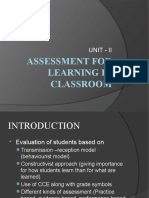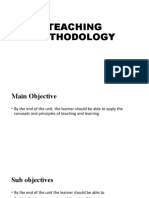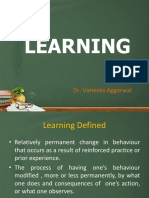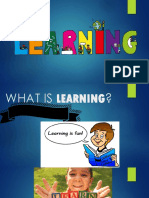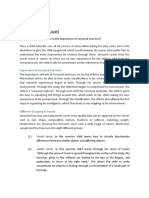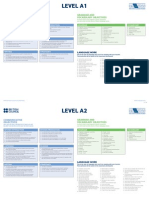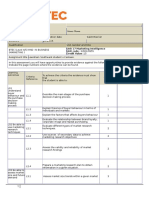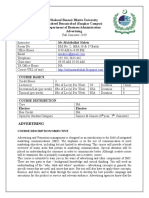0% found this document useful (0 votes)
45 views33 pagesLecture 1 Psycho of Language Learning1-1
This lecture is talking about the psychology of language learning, the history and how to become a better teacher.
Uploaded by
kosar003abCopyright
© © All Rights Reserved
We take content rights seriously. If you suspect this is your content, claim it here.
Available Formats
Download as PDF, TXT or read online on Scribd
0% found this document useful (0 votes)
45 views33 pagesLecture 1 Psycho of Language Learning1-1
This lecture is talking about the psychology of language learning, the history and how to become a better teacher.
Uploaded by
kosar003abCopyright
© © All Rights Reserved
We take content rights seriously. If you suspect this is your content, claim it here.
Available Formats
Download as PDF, TXT or read online on Scribd
/ 33




